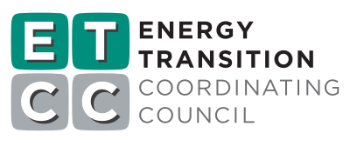Project Info
COMPLETE
Project Title
REA Systems - Market Study
Project Number ET22SWE0049 Organization SWE (Statewide Electric ETP) End-use Whole Building Sector Residential Project Year(s) 2022 - 2024Project Results
Residential Energy and Automation (REA) systems are an emerging technology that intelligently manages residential Demand-side Energy Resources like solar, battery energy storage systems, and electric vehicle service equipment. Integrating these systems into California homes promises enhanced energy efficiency, significant cost savings, and bolstered grid resilience. This project aimed to comprehensively explore and assess REA systems, focusing on their capabilities, installation needs, market opportunities, and customer base. The team conducted a market survey to identify existing and emerging REA systems. Manufacturer data was used to develop an idealized REA system model that combines the best-identified performance qualities. This model, combined with California building standards and various IOU tariffs, was used to quantify potential impacts on energy and cost savings, peak energy reductions, and GHG reductions. The team also identified specific IOU customers who would uniquely benefit from REA adoption and assessed the overall grid impact of REA adoption. Findings indicated that REA systems offer substantial benefits over conventional energy architectures in new residential constructions, with energy savings ranging from 18 to 64 percent and potential annual cost savings of $500 to $2500 per household. The study highlights the significance of REA systems in supporting California's energy efficiency and sustainability goals, advocating for their widespread adoption to create a more resilient and energy-efficient home.
Project Report Document
Loading PDF Preview...
